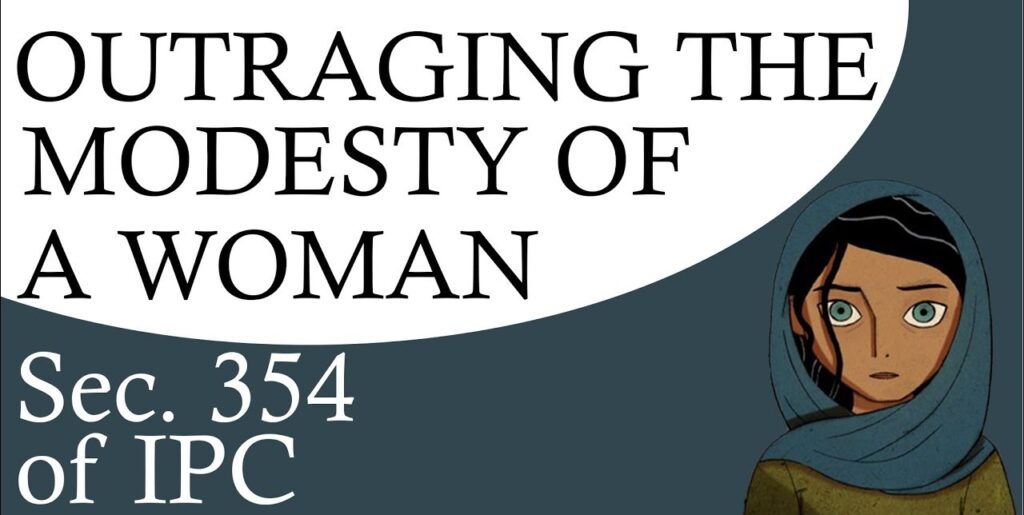Outraging the Modesty of Women in India: Understanding Laws and Latest Case Laws

Laws against outraging the modesty of women have been established in India to protect women from sexual harassment, molestation, and assault. These laws aim to ensure the safety and dignity of women in public and private spaces. In recent years, several case laws have highlighted the importance of these laws and the need for stricter implementation and enforcement.
One such case is the 2020 Hathras Gang Rape Case, which shook the nation and brought to light the issue of violence against women. The victim was a 19-year-old Dalit woman who was gang-raped and brutally assaulted by four upper-caste men in Hathras, Uttar Pradesh. The case highlights the prevalence of sexual violence and the need for stricter laws and punishments to deter perpetrators.
Another important case is the 2021 Mumbai Molestation Case, which involved a woman being molested by a delivery boy in a Mumbai apartment complex. The perpetrator was arrested and charged under Section 354 of the Indian Penal Code, which deals with the offense of outraging the modesty of women.
The recent case of Bengaluru Assault Case in 2022 involved the molestation and assault of a woman by a group of men during a New Year’s Eve celebration. The incident was captured on camera, and the footage went viral, leading to widespread outrage and protests. The accused were arrested and charged under Section 354 of the Indian Penal Code.
These cases demonstrate the gravity of offenses against women and the need for strict implementation of laws against outraging the modesty of women. It is essential to create a safe and inclusive environment for women, and to prevent any form of harassment or violence against them.
The Indian legal system recognizes the right of women to live with dignity and be protected from sexual harassment. The term “outraging the modesty of women” is defined under Section 354 of the Indian Penal Code, and encompasses a range of offenses that may be committed against women in both public and private spaces. Employers and educational institutions are expected to have policies and measures in place to prevent sexual harassment and assault and to provide support to victims.
In conclusion, it is crucial to understand the laws against outraging the modesty of women in India and to recognize the importance of these laws in ensuring the safety and dignity of women. It is also important to work towards creating a safe and inclusive environment for women and to prevent any form of harassment or violence against them.

